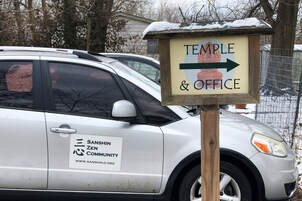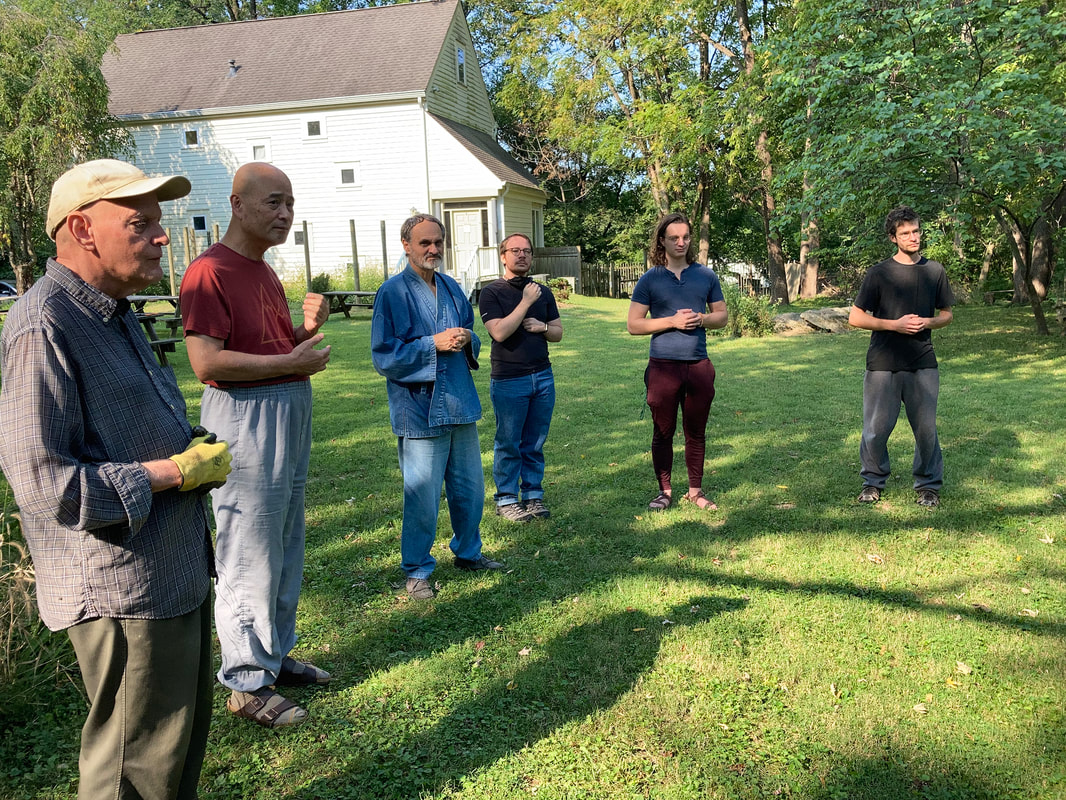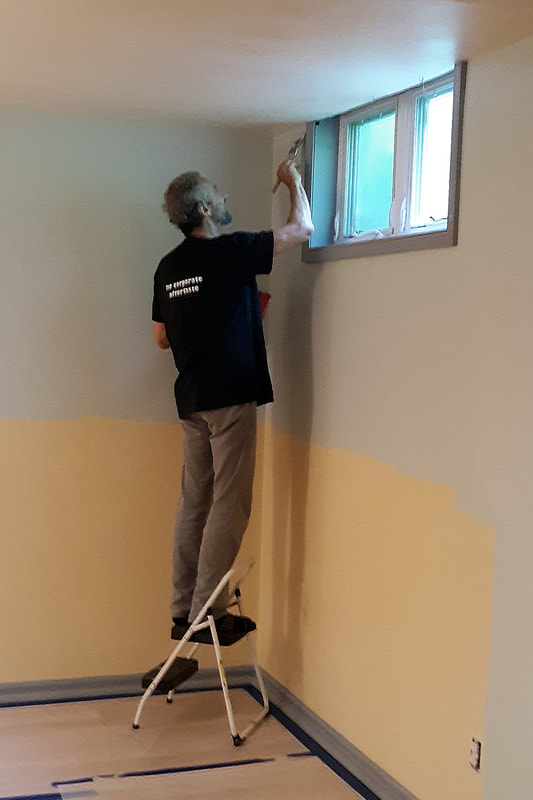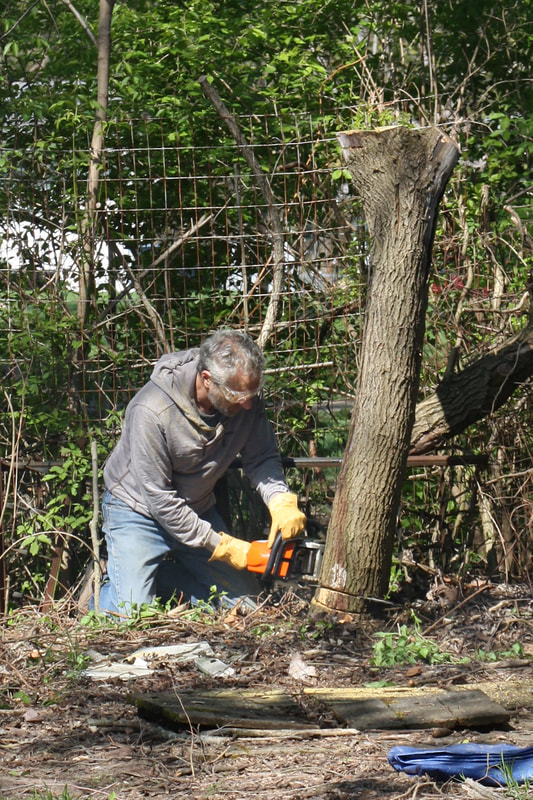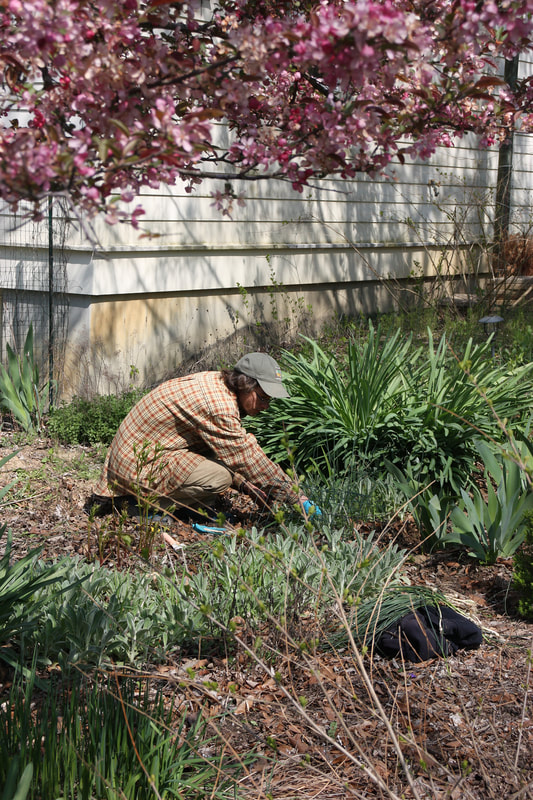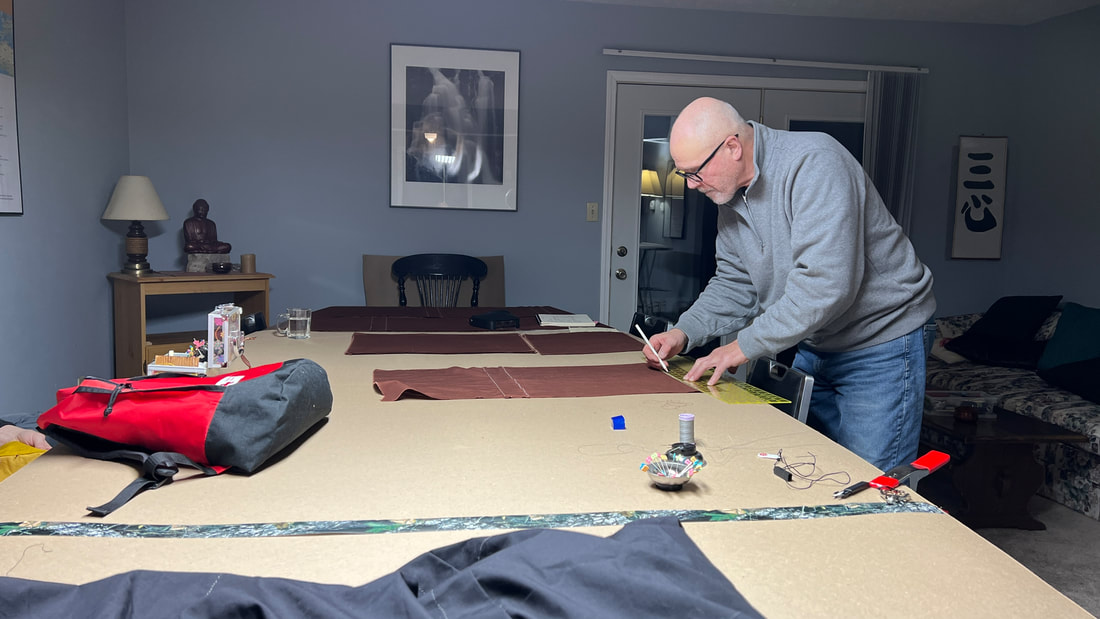Quietly engaging the world through zazen and dharma study
|
At Sanshin, beneficial action, the third element of our mission, has in general included work inside the temple to support the practice calendar -- things like ringing bells, taking care of altar flowers, cooking meals during retreats or teaching zazen -- as well as practitioners' external activities like taking care of families and jobs or maybe doing some volunteer work in the community.
|
Beneficial action is simply creating skillful means to benefit living beings, whether they are noble or humble. For example, we care for the near and distant future of others, and use skillful means to benefit them. We should take pity on a cornered tortoise and care for a sick sparrow. When we see this tortoise or sparrow, we try to help them without expecting any reward. We are motivated solely by beneficial action itself |
Skillful action recognizes interconnection and cause-and-effect
How can we transform our consciousness and go beyond this sense of separation from other human beings? This is an especially important question at this time in human history. As a result of developments in science, technology, transportation and communication, the world of human beings has become one community. People from different racial, religious, and cultural backgrounds must communicate and interact with each other. Unless we find some common ground, one on which people can live knowing they are connected to each other, humans beings will not be able to live together peacefully. |
When we're spiritually healthy and have some clarity about the nature of reality, we naturally engage in skillful action -- action that moves us and others toward understanding two related things: interconnection and cause and effect.
Interconnection or non-separation means that within this one unified reality, nothing is actually disconnected; there is nothing outside of Buddha’s way. That sounds nice when we think of it as being supported by all beings. It sound scary and uncomfortable when we think of it as being unable to escape from the things in our lives that we don’t like so much. How can we help ourselves and others to see and acknowledge interconnection? Cause and effect is important because it reminds us that what we do has consequences. We don’t operate in a vacuum; when we do something, it sets up causes and conditions that unfold across space and time. That means that it’s important that our actions in the world -- even small actions -- are skillful, because whether we’re being wholesome or unwholesome makes a difference for others besides ourselves. How can we help ourselves and others to see and acknowledge cause and effect? |
|
Putting in a Window Seeing for ourselves and living the reality of lifeIn the broad view, it's not really possible to separate zazen, work and study. Zazen and study are themselves forms of beneficial action and they provide the foundation of the activities in which we engage with the community. The shapers of the Sanshin style -- Kodo Sawaki, Kosho Uchiyama and Shohaku Okumura -- have all taught us that we need to see clearly what's happening within and around us, understand why we believe and value what we believe and value, and not be swept away by habituated thinking -- our own or that of the society. Sawaki Roshi frequently warned practitioners about falling prey to gurupuboke, group stupidity. "We live in group stupidity and confuse this insanity with true experience. It is essential that you become transparent to yourself and wake up from this madness. Zazen means taking leave of the group and walking on your own two feet."
Likewise, Uchiyama Roshi said, "If we think about it, there is no doubt that everyone is always living out the reality of life. But so often we live blindly, so caught up in our thoughts that we think they alone are what is real and complete. This is a kind of insane reality. The important thing is to find a sane way to live out the reality of life. This is what a true spiritual practice is about: not spirit or mind separated from the body and the world, but a true way of life. This is what zazen is -- a practice of living out the fresh reality of life." |

